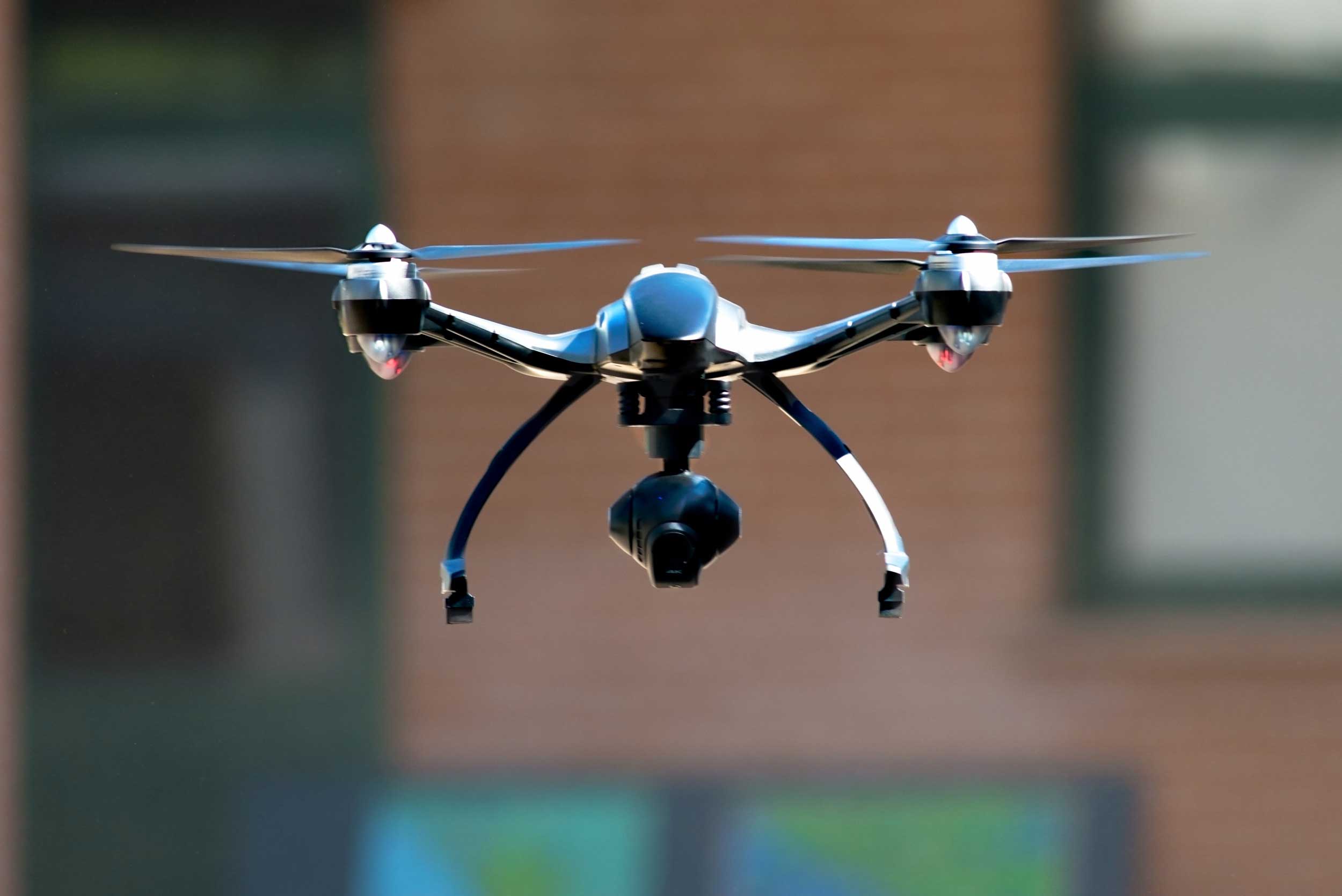
The increasing popularity of commercial drone services has given rise to another industry: training programs for aspiring commercial drone pilots. In most cases, these courses are theoretical in nature and can be completed on the internet, making them a very affordable way for drone pilots to broaden their skill sets.
Nevertheless some skills can only be taught during a hands-on session. In-person drone training courses are advanced in terms of the level of hands interaction and personalized experience.
Should you consider taking hands-on drone training classes?
Even though there is an overall dramatic shift towards virtual learning platforms, hands-on training is ideal if you intend to offer services as a commercial drone pilot for highly specialized applications. Some skills can only be taught during a hands-on session. Here are a few concepts that you can expect to see during in-person FAA Part 107 drone training in Columbia, South Carolina.
Flight Practice With Expert Commercial Drone Pilots
Hands-on drone training classes allow students the chance to get familiar with their drone through an instructor’s guidance, which helps prevent bad flight habits from forming.
Flight-training schools typically begin with classroom or online sessions discussing the theory behind drone flight. These sessions allow students to learn the basics and transition into hands-on flight training.
Learn Commercial Drone Flight maneuvers
Flying a drone safely requires a good deal of risk management. Even so, you may want to develop skills such as navigating narrow spaces, flying near obstacles, and moving quickly. Dynamic weather conditions may also require special handling when flying your drone. While drone pilots are taught to avoid risk, it is also essential to develop skills for handling dynamic weather conditions and flying close to obstacles.
Common Commercial Drone Flight Hazards
One of the most difficult situations a pilot can face is that of having to make a split-second decision about what action to take in response to a hazard. Hands-on training can be a valuable asset, as it can allow you to practice the proper reactions under the tutelage of an expert instructor. Because crashing a drone can lead to injury or property damage, it is important that you have learned the necessary skills and have developed safe habits before operating a drone. Given the likelihood of drone crashes, it is best to have professional training when dealing with flight hazards.
Industry-specific drone services
Drone operators who wish to provide services for highly specialized applications in industries such as agriculture, industrial inspection, and mapping should consider taking a special hands-on course.
To offer drone services for specialized applications, you need a special hands-on course.
This is because merely knowing how to fly a drone will not be enough for these industries;
If you want to work in these industries, then you also need advanced training in how to use data collection software.
Final Thoughts
A hands-on training course provides students with practical experience as well as supervision by an expert instructor, which improves their skills and ensures that they do not develop bad habits.Hands-on training from a professional instructor is essential to establish a strong foundation.
Despite the value that hands-on-training courses offer to aspiring commercial drone pilots, we understand that in-person drone training courses may not be a viable option for everyone. AINautics provides online, hybrid, and in-person FAA Part 107 Commercial Drone certification courses to fit your learning and lifestyle. Subscribe to our newsletter to receive updates on upcoming course updates and events.
